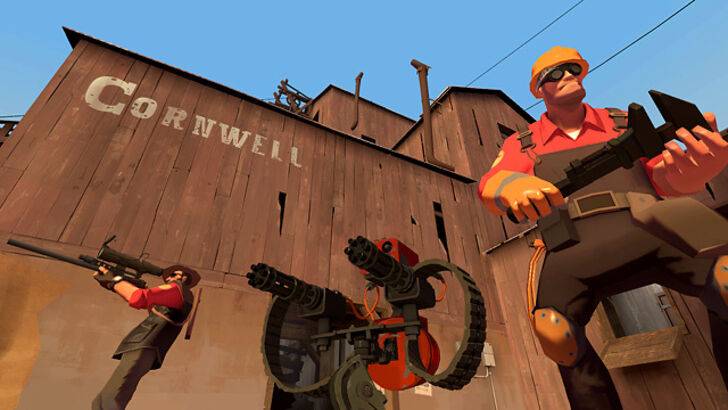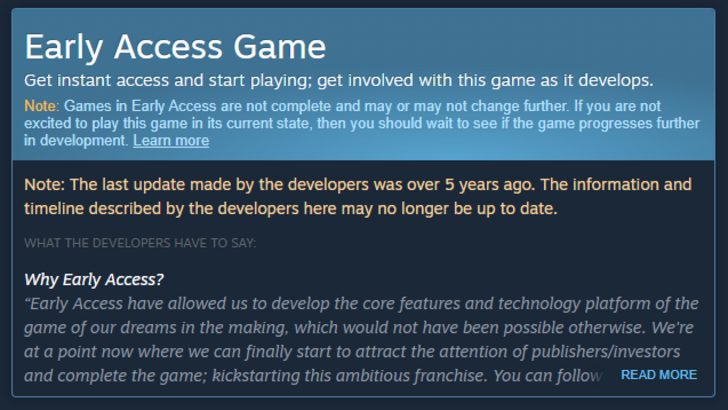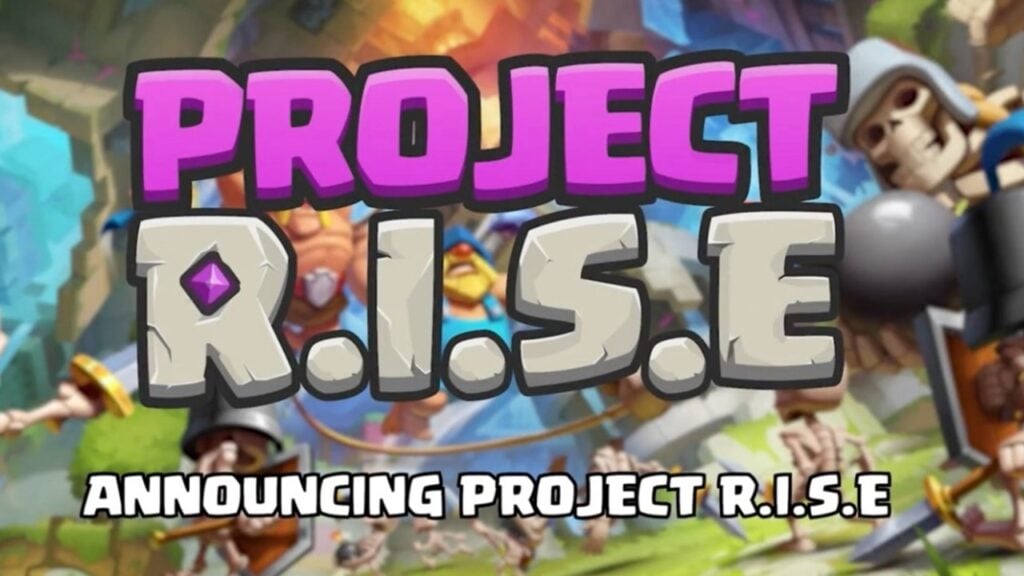Steam Cracks Down on Forced In-Game Ads and Abandoned Early Access Titles
Valve has clarified its stance on in-game advertising, reinforcing its ban on games that force players to watch ads for gameplay or rewards. This policy, part of Steamworks' terms for nearly five years, now has its own dedicated page, likely due to the platform's rapid growth (over 18,942 game releases in 2024 alone, according to SteamDB).

No Forced Ads Allowed
The updated policy explicitly prohibits games requiring ad viewing for progression or offering rewards for watching ads. This addresses a common practice in free-to-play mobile games. Games utilizing this model must remove these ad elements or transition to a paid model ("single purchase paid app") to be listed on Steam. Alternatively, developers can adopt a free-to-play model with optional microtransactions or DLC, as seen in the successful port of Good Pizza, Great Pizza.

Product Placement and Cross-Promotions Permitted
The policy distinguishes between disruptive ads and acceptable forms of product placement and cross-promotion (e.g., real-world sponsor logos in racing games). These are allowed, provided appropriate licensing is in place.

This move aims to enhance the quality and user experience on Steam by eliminating intrusive advertising.
New Warning for Abandoned Early Access Games
Steam has introduced a feature flagging Early Access games stagnant for over a year. Their store pages now include a message indicating the time since the last update and that developer information may be outdated.

This helps users identify potentially abandoned projects, supplementing existing user reviews. While many welcome this addition, some suggest delisting games inactive for extended periods (five years or more). The community response has been largely positive, with widespread appreciation for Valve's proactive approach.








![Taffy Tales [v1.07.3a]](https://imgs.xfsxw.com/uploads/32/1719554710667e529623764.jpg)











